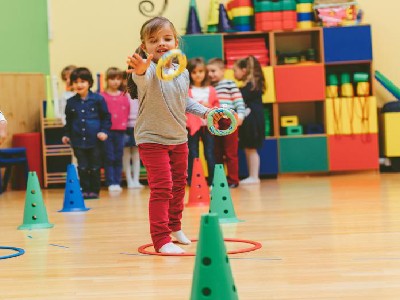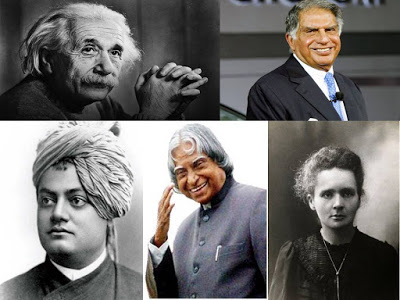
People with verbal-linguistic intelligence display a facility with words and languages. They are typically good at reading, writing, telling stories and memorizing words along with dates. They tend to learn best by reading, taking notes, listening to lectures, and discussion and debate. They are also frequently skilled at explaining, teaching and oration or persuasive speaking. Those with verbal-linguistic intelligence learn foreign languages very easily as they have high verbal memory and recall, and an ability to understand and manipulate syntax and structure.

This area has to do with logic, abstractions, reasoning, and numbers. While it is often assumed that those with this intelligence naturally excel in mathematics, chess, computer programming and other logical or numerical activities, a more accurate definition places emphasis on traditional mathematical ability and more reasoning capabilities, abstract patterns of recognition, scientific thinking and investigation, and the ability to perform complex calculations.

People with strong visual-spatial intelligence are typically very good at visualizing and mentally manipulating objects. Those with strong spatial intelligence are often proficient at solving puzzles. They have a strong visual memory and are often artistically inclined. Those with visual-spatial intelligence are also generally have a very good sense of direction and may also have very good hand-eye coordination.

Those with it are said to have greater sensitivity to nature and their place within it, the ability to nurture and grow things, and greater ease in caring for, taming and interacting with animals. They may also be able to discern changes in weather or similar fluctuations in their natural surroundings. They are also good at recognizing and classifying different species. "Naturalists" learn best when the subject involves collecting and analyzing, or is closely related to something prominent in nature. It is advised that naturalistic learners would learn more through being outside or in a kinesthetic way.

Those who have a high level of musical-rhythmic intelligence display greater sensitivity to sounds, rhythms, tones, and music. They normally have good pitch and may even have absolute pitch, and are able to sing, play musical instruments, and compose music. Since there is a strong auditory component to this intelligence, those who are strongest in it may learn best via lecture. In addition, they will often use songs or rhythms to learn and memorize information, and may work best with music playing in the background.

People who have this intelligence usually enjoy acting or performing, and in general they are good at building and making things. They often learn best by physically doing something, rather than reading or hearing about it. Those with strong bodily-kinesthetic intelligence seem to use what might be termed muscle memory. They remember things through their body such as verbal memory or images. They require fine motor skills that are required for dancing, athletics, surgery, craft and other movement functions.

People in this category are usually extroverts and are characterized by their sensitivity to others' moods, feelings, temperaments and motivations, and their ability to cooperate in order to work as part of a group. They communicate effectively and empathize easily with others, and may be either leaders or followers. They typically learn best by working with others and often enjoy discussion and debate.

Those who are strongest in this intelligence are typically introverts and prefer to work alone. They are usually highly self-aware and capable of understanding their own emotions, goals and motivations. They learn best when allowed to concentrate on the subject by themselves. There is often a high level of perfectionism associated with this intelligence.